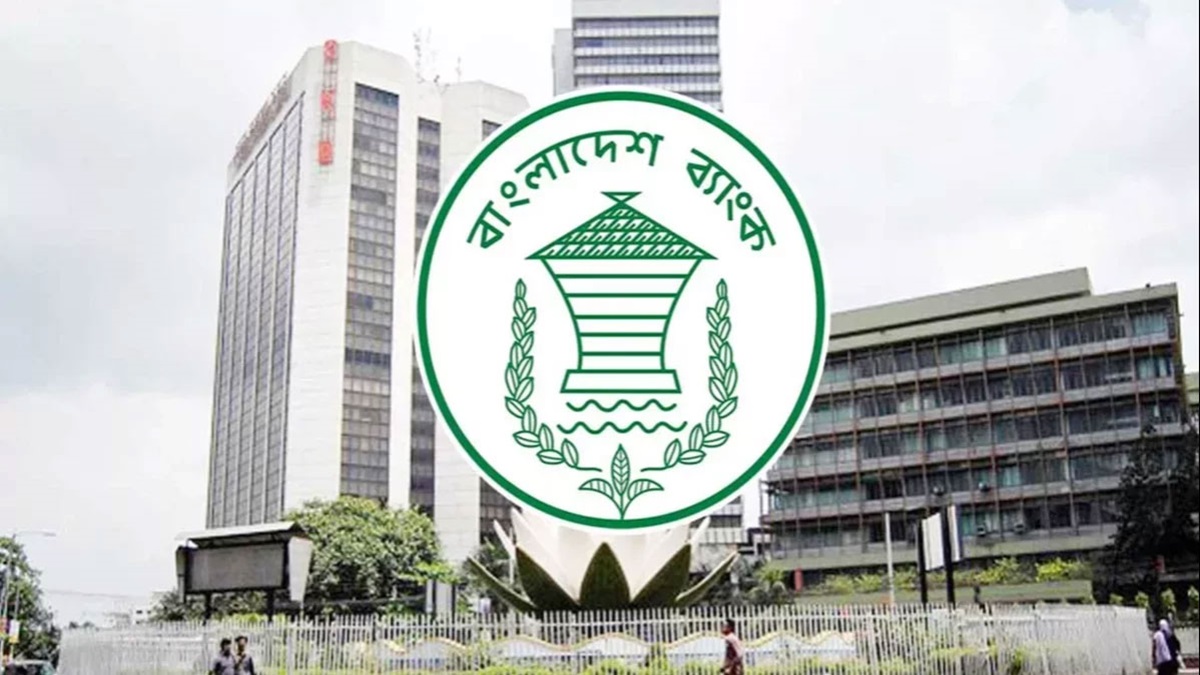Bangladesh Bank issues regulations to enforce Bank Resolution Ordinance 2025
BY Insider Desk
October 24, 2025

A formal framework for restructuring troubled banks took shape as Bangladesh Bank issued regulations to operationalise the Bank Resolution Ordinance 2025, a key component of the interim government’s financial-sector reform programme.
Officials said the new rules make the ordinance “more practical, operational, and effective,” defining clear objectives, responsibilities, and procedural mechanisms for resolving distressed banks. The central bank’s Board of Directors has already approved the regulations.
The regulation, titled The Regulations for Bank Resolution 2025, comes into force immediately upon publication. It aims to ensure that bank resolutions are executed “effectively, efficiently, and in an orderly manner,” according to Bangladesh Bank.
Under the new structure, the Bank Resolution Department (BRD) of Bangladesh Bank has been designated as the Resolution Authority. The department will issue additional circulars and guidelines as needed to clarify provisions and support implementation.
Every scheduled bank will now establish a Resolution Coordination Unit (RCU) headed by a senior official of at least Deputy Managing Director rank to manage resolution planning and coordination. All banks are required to maintain strict confidentiality regarding BRD instructions and resolution plans unless disclosure is explicitly authorised.
In cases where a bank comes under resolution, the BRD may appoint an administrator under the ordinance to assume control.
The administrator will oversee all operational and strategic decisions within the temporary management structure, prepare an inventory of assets and liabilities, and submit periodic reports to the BRD. With approval, the administrator may appoint an independent auditor to verify the bank’s financial position.
For Islamic banks, the regulation requires that resolution actions comply with Shariah principles. The BRD may consult a Shariah Advisory Panel or qualified scholars to ensure compliance without delaying the process. Any administrator appointed for an Islamic bank must possess appropriate Shariah expertise or be supported by an expert panel.
The regulations follow the government’s move to merge several financially stressed banks, including five Shariah-based ones—Exim Bank, Social Islami Bank (SIBL), First Security Islami Bank, Union Bank, and Global Islami Bank. Collectively, these institutions are estimated to face a capital shortfall of around Tk 350 billion.
To facilitate the process, Bangladesh Bank has already set up the Bank Resolution Department and appointed administrators to oversee the merger. The government may also consider capital injections in collaboration with development partners to stabilise the new merged entity.
A central bank official told The Financial Express that further guidelines may be issued “once there is urgency to explain or expand specific provisions” under the ordinance.
Tags:
Most Read

Electronic Health Records: Journey towards health 2.0

Making an investment-friendly Bangladesh

Bangladesh facing a strategic test

Understanding the model for success for economic zones

Bangladesh’s case for metallurgical expansion

How a quiet sector moves nations

Automation can transform Bangladesh’s health sector

A raw material heaven missing the export train

A call for a new age of AI and computing
You May Also Like
